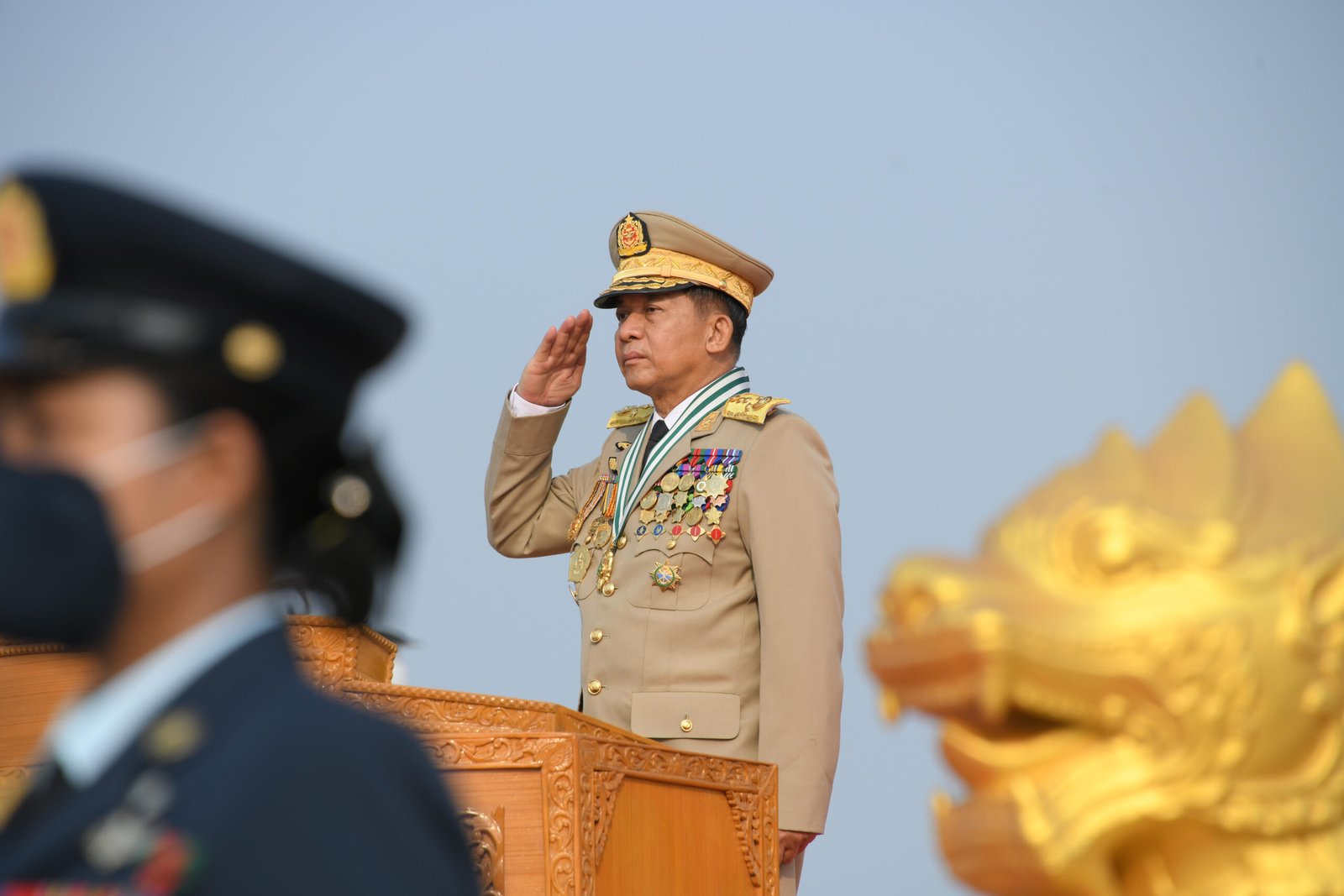In a significant shift in policy, the Biden administration has decided to broadly ease sanctions on Venezuela’s oil sector. This move comes in response to a deal brokered between the Venezuelan government and opposition parties regarding the 2024 election. It marks the most extensive rollback of Trump-era restrictions on Caracas.
The US Treasury Department issued a new general license that permits OPEC member Venezuela, which had been under severe sanctions since 2019, to produce and export oil to its chosen markets without any limitations for the next six months.
While welcoming the electoral concessions made by President Nicolas Maduro, US Secretary of State Antony Blinken has set a deadline for further actions. He has given Maduro until the end of November to begin lifting bans on opposition presidential candidates and to release political prisoners and Americans who are wrongfully detained.
Speaking on condition of anonymity, a senior State Department official informed Reuters that the US could reverse the sanctions relief measures unless Maduro takes these actions.
This diplomatic development follows months of negotiations between the US and Venezuela. The US had pushed for concrete steps toward democratic elections as a condition for lifting some of the stringent sanctions imposed during the Trump administration.
This new approach reflects President Joe Biden’s administration’s willingness to engage with Maduro on various issues, including energy and migration, marking a shift from the previous “maximum pressure” campaign against Venezuela’s socialist government.
Jorge Rodriguez, a ruling party official leading the government’s negotiating team in talks with the opposition, announced on state television that the sanctions relief would impact all oil activities and open the door for investment in Venezuela.
While an agreement was reached on electoral guarantees for a monitored vote in the second half of 2024, it did not address the reinstatement of opposition candidates previously barred from public office.
In a statement, Blinken emphasized that the US is acting in line with its commitment to provide sanctions relief in response to concrete steps toward competitive elections and respect for human rights and fundamental freedoms.
These announcements have eased some of the harshest sanctions on Venezuela, potentially allowing several oil companies to re-engage in the country. However, many other restrictions remain in place.
The changes include a six-month general license allowing the production, sale, and export of Venezuela’s crude oil and gas, without limitations on customers or destinations. Additionally, a general license authorizes dealings with Minerven, the Venezuelan state-owned gold mining company.
The US Treasury Department has clarified that it can revoke these authorizations if representatives of Maduro’s government fail to fulfill their commitments in the deal with the opposition.
While secondary trading bans on specific Venezuelan sovereign bonds and state-run oil company PDVSA debt and equity have been lifted, the primary Venezuelan bond market trading ban remains intact.
The prospects of Venezuela’s oil exports significantly offsetting global oil production cuts appear slim due to the country’s crippled oil sector, which has suffered from decades of mismanagement, insufficient investment, and US sanctions.
Talks between the Venezuelan government and the opposition were held for the first time in nearly a year, with further meetings planned but not yet scheduled. The announced deal allows each side to choose its 2024 candidate according to internal rules but does not reverse bans on some opposition figures. Opposition sources indicate that efforts to lift these bans will continue.



